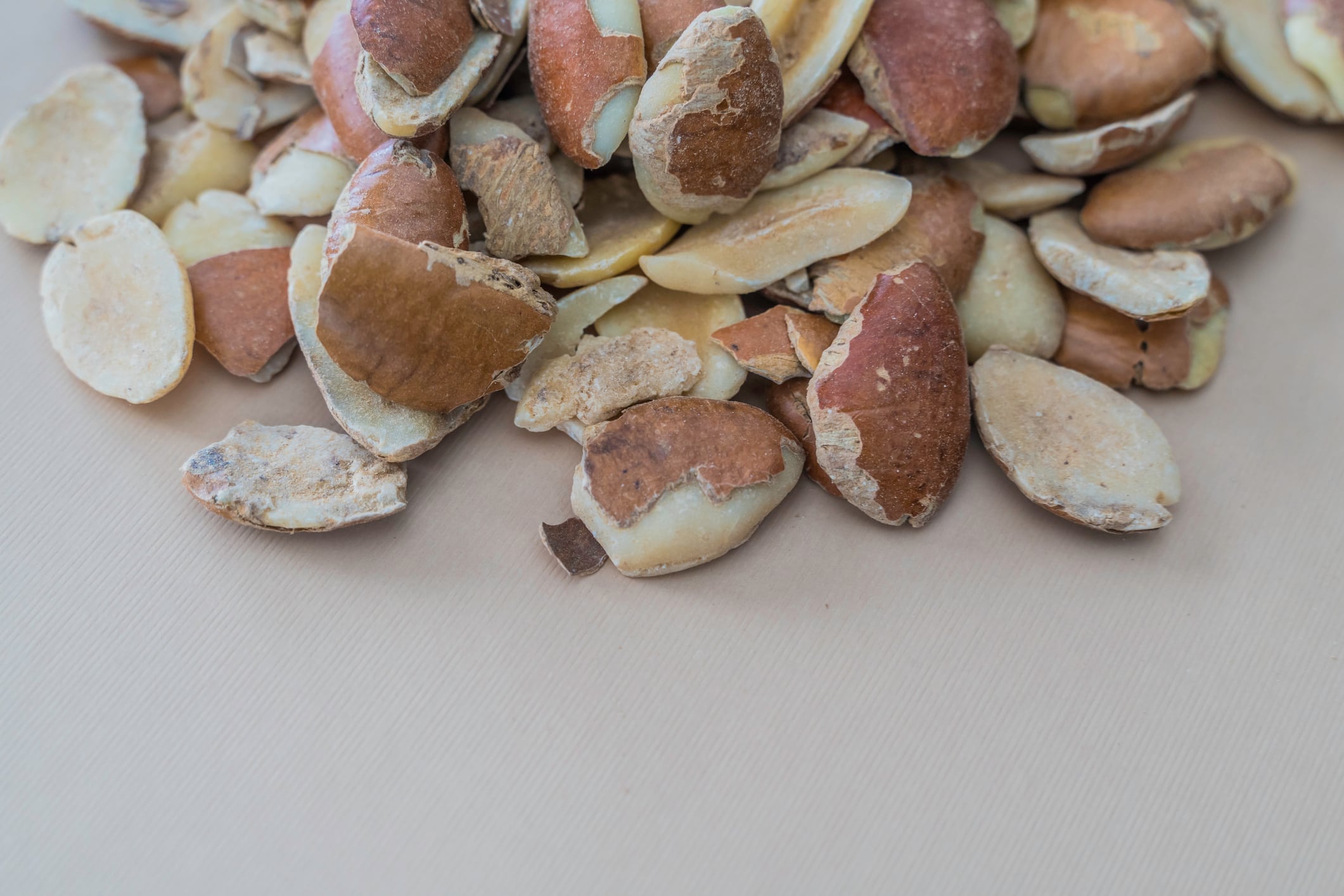Overweight and obesity have become worldwide health problems which can lead to a broad spectrum of diseases, especially cardiovascular diseases, type 2 diabetes mellitus, and osteoarthritis.
Adipose tissue dysfunction, commonly found in people who are overweight or obese, leads to an increase in proinflammatory cytokines such as C-reactive protein (CRP), which induces low-grade inflammation.
Botanical supplements such as Garcinia cambogia, Celastrol, grape seed proanthocyanidin, and Vernonia mespilifolia Less. have been said to assist with weight management and the pathological changes associated with obesity.
Another extract that has become a popular herbal dietary supplement for weight loss is African mango, whose scientific name is Irvingia gabonensis (IG) .
Although some meta-analysis studies have reported that IG extract has some potential benefit for weight loss, its effects on obesity-related pathologies such as adiposity indices, inflammation, and circulating metabolic markers in overweight or obese subjects are inconclusive.
In addition, no studies have been undertaken concerning the effects of IG seed extract on the redox status, fat oxidation rate, telomere length (TL), and aerobic capacity of overweight/obese individuals.
The current 12-week randomised, double-blind, placebo-controlled, study was primarily designed to examine the effects of IG kernel extract on the fat oxidation rate in overweight or obese women. Adiposity indices, circulating metabolic markers, redox status, adipocytokines, inflammation, TL, and aerobic capacity were also measured.
It was hypothesized that IG kernel extract for 12 weeks would improve all measured markers in overweight or obese individuals.
12-week daily supplementation with Irvingia gabonensis (IG) kernel extract improved plasma vitamin C and adiponectin - a protein hormone involved in regulating glucose levels as well as fatty acid breakdown - suggesting a possible mechanism contributing to the effect of IG on a reduction in obesity-related complications.
The authors state: "This is the first study that has investigated the effects of IG kernel extract supplementation on metabolism, adiposity indices, redox status, inflammation, adipocytokines, RTL, and aerobic capacity in overweight or obese individuals.
"We hypothesised that 12-week ingestion of IG kernel extract would improve these variables in these participants. Although our results did not support the entire hypothesis, we found evidence that supported some of it: we found beneficial effects in respect of antioxidant and hormonal responses to IG supplementation."
Significant Vit C increase
As hypothesised, the authors found increased concentrations of plasma vitamin C or ascorbic acid, a non-enzyme antioxidant, at 6 and 12 weeks after taking IG, making it the first study to demonstrate that supplementation of IG kernel extract resulted in increased plasma vitamin C concentration.
Levels of adiponectin, which plays a crucial role in obesity-related diseases, were maintained in the IG group throughout the supplementation period. The researchers found greater adiponectin concentrations in the IG group compared to the PLA group after 3 weeks of supplementation, whereas those in the PLA group were dramatically lower than the baseline throughout the supplementation.
Concentrations of leptin, a hormone which regulates food intake and body weight and plays a role in proinflammatory immune responses and lipolysis, in the IG group were maintained, while those in the PLA group decreased.
They did not observe a significant effect of IG supplementation on other outcomes, including the fat oxidation rate, adiposity indices, circulating metabolic markers, inflammation, RTL, and aerobic capacity.
"This may be due to the insufficient duration or dose of the supplementation," the report states, "furthermore, apart from plasma vitamin C and adiponectin concentrations, there are more factors that influence these outcomes, such as daily diet and physical activity. Therefore, the plasma vitamin C and adiponectin concentrations are not potent enough to cause changes in other outcomes."
"...further studies on IG supplementation over a longer period such as 6–12 months may show more definitive results."
Methodology
Sixty-six women with overweight/obesity (BMI 23-29.9 kg/m2), aged between 30 and 59 years took part in the study conducted in Thailand, between August 2020 and September 2021.
Both IG and PLA tablets were provided by Blackmores Limited (Australia). IG tablets contained 300 mg of IG kernel extract while PLA tablets contained mainly microcrystalline cellulose (615 mg) and maltodextrin (115 mg).
In this study, all the participants made five visits over two 12-week phases: the BW monitoring phase and the supplementation phase. At the end of the monitoring phase, if they were able to maintain a change of BW not greater than four kg, they were randomly divided into two groups, receiving one 300 mg tablet daily of either IG or PLA. Variables were measured at 4 points: before supplementation and after supplementation at 3 weeks, 6 weeks, and 12 weeks.
All the participants performed the experiment during the follicular phase of the menstrual cycle.
Measurements taken included body weight (BW), height (Ht), fat mass (FM), dietary intake and energy expenditure, blood chemistry, Serum Leptin and Adiponectin, redox status (the balance between oxidants and antioxidants), inflammation, and aerobic capacity,
The authors say further studies on IG supplementation over a longer period, such as 6–12 months, are warranted to confirm these findings and clarify any other beneficial effects.
The significance of Vitamin C
Plasma vitamin C has been shown to be inversely related to central obesity indicated by waist-to-hip circumference ratio. In addition, plasma vitamin C has been shown to be inversely related to body weight. This is supported by a study by Lee (2019), who found that ascorbic acid (1% w/w for 15 weeks) reduced visceral obesity.
Hence, plasma vitamin C seems to have an impact on the fat oxidation rate and body fat. Secondly, the plasma vitamin C concentration was negatively correlated with FBG in patients with type 2 diabetes mellitus.
Serum vitamin C concentrations have been shown to be negatively related to plasma concentrations of the inflammatory marker CRP. Plasma vitamin C concentrations are also associated with longer leukocyte telomere length in healthy elderly people.
Source: Nutrients
https://doi.org/10.3390/nu14214646 (registering DOI)
"Effects of Irvingia gabonensis Extract on Metabolism, Antioxidants, Adipocytokines, Telomere Length, and Aerobic Capacity in Overweight/Obese Individuals"
Nonsa-ard, R.; Aneknan, P.; Tong-un, T.; Honsawek, S.; Leelayuwat, N.


